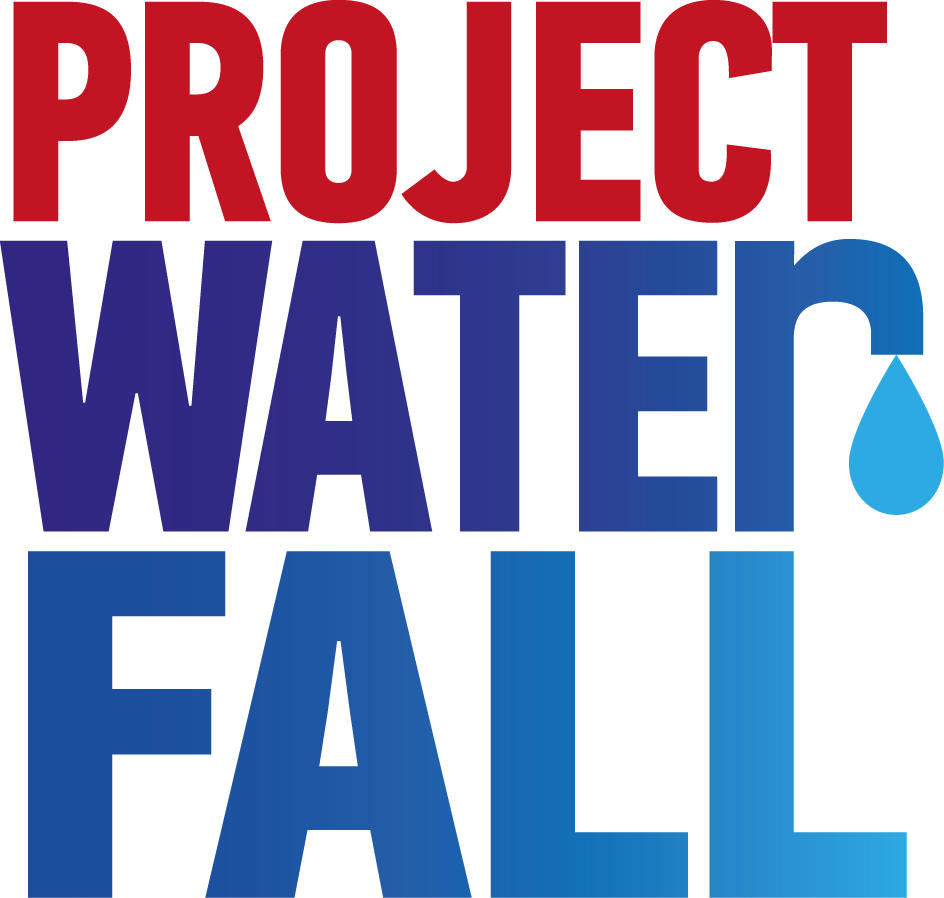Project Overview
Jabi Tehanan Woreda is a coffee growing district in the Amhara region of Ethiopia with one of the lowest levels of clean water, sanitation and hygiene practices in the area. Only 67% of the population have access to water and 50% have access to sanitation.
Climate change has deteriorated the WASH coverage in the area, affecting both the water quality and quantity.
Working in partnership with the local government, our partner WaterAid, have rebuilt the multi-village water system to its full capacity, using their local expertise and experience to ensure that it gives sustainable and long-term water provision.
Through this project, 10,622 people have gained access to clean drinking water and 21,234 have gained access to better sanitation & hygiene, improving their health and life chances.
Project Stats
Start date: 2018
Status: Completed, March 2022
Community: Jabi Tehnan
People reached: 10,622
Delivery Partner: WaterAid
about Ethiopia
94,100,000 population
61% of rural lack access to water
92% of rural lack access to sanitation
29.6% live below the poverty line
An ambitious project changing 10,622 lives over 4 years with access to clean drinking water & sanitation
economic growth
Functioning water supply systems will transform the lives of local farmers and enrich the local economy. With access to water closer to their homes and farms, communities will be able to grow coffee on more land and increase their income and resilience against climate change.
improving health
Drinking dirty water has lead to outbreaks of helminthiasis, diarrhoea, pneumonia, and typhoid in the community. With access to clean drinking water closer to home and in health centres, along with hygiene intervention, communities will get sick less often and have the resources they need in health centres to treat illness more effectively.
ACCESS TO SANITATION
This project has built gender segregated latrines in schools and health centres in the district, as well as provided hygiene and sanitation training to the local communities, helping to reduce the spread of disease and increase access to school for young girls.
What we did
Between 2018 and 2022, this project has:
Provided 10,662 people with access to clean water and sanitation
Indirectly supported a further 21,324 people to receive access to WASH. (for example - people receiving support from government WASH intervention as a result of WaterAid’s influencing and system strengthening)
Brought clean water to three kebeles, including two schools and two health facilities
Constructed two 100m3 reservoirs
Built and rehabilitated 20 water points at schools and in public spaces
Built and rehabilitated 3 toilet blocks in two schools and one health centre, which are now gender segregated
Increased knowledge, skills and awareness in communities about the importance of prioritising water, sanitation and hygiene in community development plans
Raised awareness and promoted hygiene behaviour change through promotion and education work. For example, running menstrual hygiene management education sessions in schools















We are delighted to announce that our project in Jabi Tehnan, Ethiopia has been completed! In collaboration with WaterAid, we have been working in the Jabi Tehnan Woreda (region) in three Kebeles (villages), to provide this coffee-growing community with water, sanitation and hygiene services.